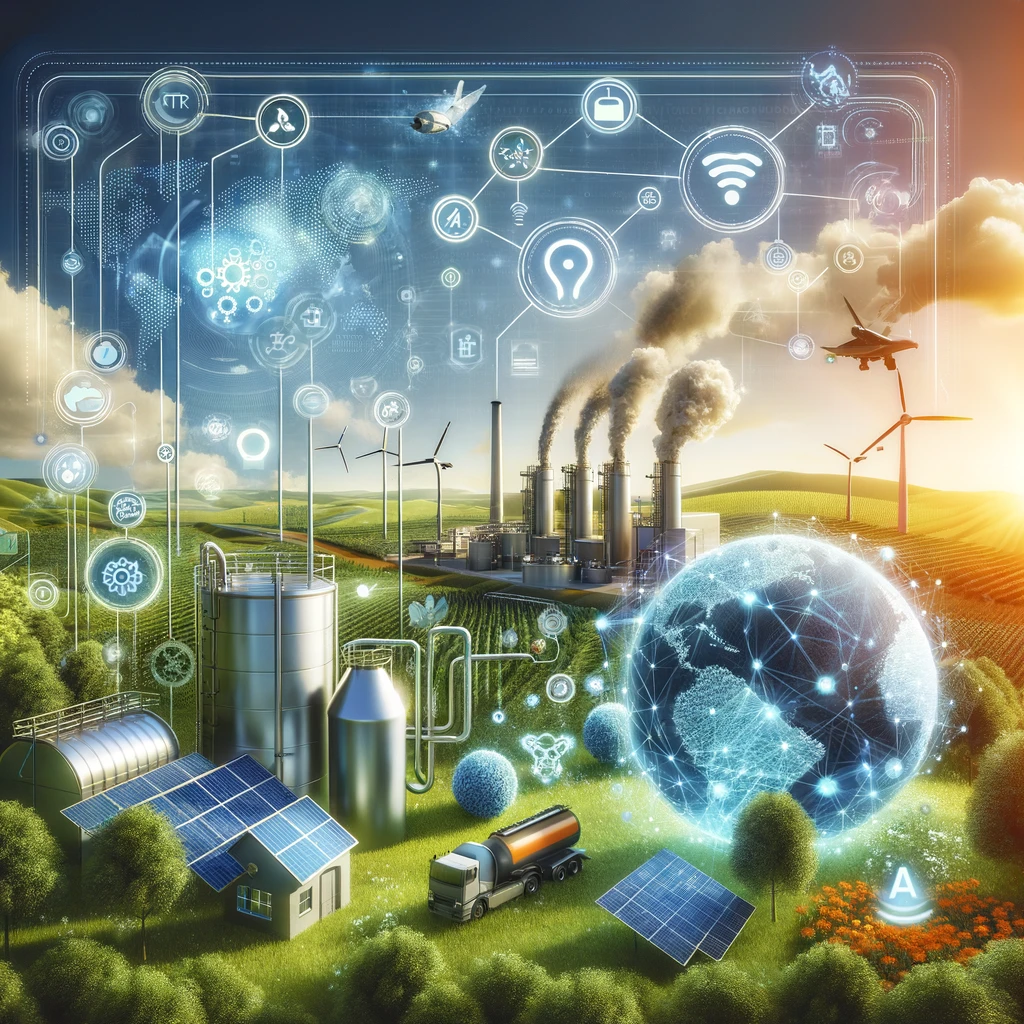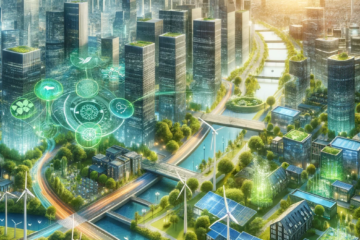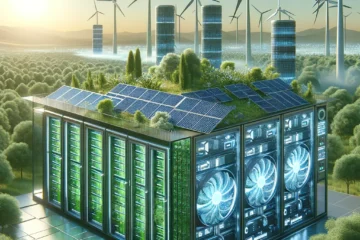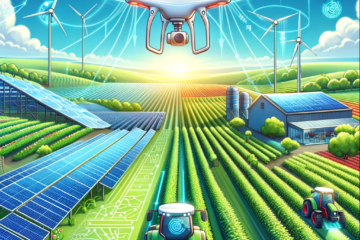In the rapidly evolving landscape of renewable energy, bioenergy stands as a critical component in the quest for a sustainable future. As global attention pivots towards cleaner, more efficient energy sources, the next generation of bioenergy emerges, marked by groundbreaking innovations and trends. This article delves into the heart of these developments, exploring how they are reshaping the realms of Renewable Energy, Sustainability, Technological Advancements, and Clean Technology.
Next Generation Bioenergy: A Renewable Energy Revolution
Bioenergy, derived from biological sources, has been a cornerstone in the renewable energy sector. Recent advancements, however, are propelling this technology into new heights. The integration of cutting-edge processes like advanced biofuels and biogas production is revolutionizing how we approach renewable energy.
The Surge of Advanced Biofuels
Advanced biofuels, developed from non-food biomass, are emerging as a game-changer. Unlike traditional biofuels, these new variants offer higher energy efficiency and lower environmental impact, making them a more sustainable choice for the future.
Biogas: Turning Waste into Energy
The transformation of organic waste into biogas through anaerobic digestion is a remarkable leap in renewable energy. This process not only provides a source of clean energy but also addresses waste reduction, aligning with global sustainability goals.
Bioenergy and Renewable Energy Integration
The integration of bioenergy into existing renewable energy grids is an essential trend. This synergy enhances the overall efficiency and reliability of renewable energy systems, demonstrating bioenergy’s versatility and adaptability.
Sustainability and Bioenergy: Greening the Future
Sustainability is at the core of bioenergy’s evolution. The development of sustainable bioenergy solutions is not only about energy production but also about creating a balanced ecosystem that supports environmental, social, and economic well-being.
Eco-friendly Bioenergy Production
The focus on eco-friendly production methods in bioenergy is pivotal. Techniques like sustainable biomass sourcing and carbon capture ensure that bioenergy production minimizes environmental impact and contributes to climate change mitigation.
Social and Economic Impacts
The socio-economic implications of sustainable bioenergy are profound. By generating local employment and fostering community development, bioenergy projects contribute positively to local economies while promoting social well-being.
Global Collaboration for Sustainable Bioenergy
Global cooperation plays a significant role in advancing sustainable bioenergy. International partnerships, knowledge sharing, and joint initiatives are essential in driving the development of sustainable bioenergy solutions worldwide.
Technological Advancements in Bioenergy
The field of bioenergy is experiencing a surge in technological innovations. These advancements are not only enhancing the efficiency of bioenergy systems but are also opening new avenues for its application.
Breakthroughs in Bioenergy Conversion Technologies
Recent breakthroughs in bioenergy conversion technologies, such as improved biomass gasification and enzymatic hydrolysis, are increasing the energy yield and reducing the processing costs of bioenergy.
Smart Technology Integration
The integration of smart technologies like IoT and AI in bioenergy systems is optimizing operations, improving maintenance, and enhancing energy management, leading to smarter and more efficient bioenergy solutions.
Future Potential: Bioenergy and Nanotechnology
The intersection of bioenergy and nanotechnology presents exciting prospects. Nanotechnology’s potential to enhance biofuel production efficiency and develop novel bioenergy applications signifies a transformative step in this field.
Clean Technology and Bioenergy: Paving the Way for Green Solutions
Clean technology is an integral aspect of the next generation of bioenergy. The harmonization of bioenergy with clean tech innovations underscores a commitment to environmental stewardship and sustainable development.
Green Processing Techniques
The adoption of green processing techniques in bioenergy production, such as low-emission biomass processing and waste-to-energy technologies, is a testament to the sector’s dedication to environmental sustainability.
Bioenergy in Clean Tech Ecosystems
Bioenergy’s role in clean tech ecosystems is expanding. Its integration into systems like green buildings and sustainable transportation further amplifies its impact in driving a cleaner, more sustainable world.
Bioenergy and Carbon Neutrality
The contribution of bioenergy to achieving carbon neutrality is significant. Through carbon-neutral bioenergy solutions, the sector is playing a crucial role in the global pursuit of a zero-carbon future.




